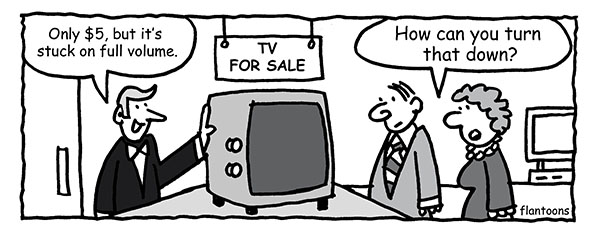
Here is an explanation of the uses of so and such:
So is used before an adjective or an adverb:
so big – so beautifully designed
Such is followed by a or an and is used before an adjective + a singular noun:
such a long time – such an incredible story
Idioms are figurative expressions which make learning a language fun and interesting. All languages have their own idioms. There are thousands of idioms in English. This quiz tests your knowledge of idioms related to colours.
Choose from the list of idioms to complete the sentences:
There is often some confusion between the usage of 'like' and 'as'.
'Like' is used before a noun or pronoun to say that two things are similar; they behave or work in the same way:
He works like a slave.
She swims like a fish.
He runs like the wind.
When we speak about sports and leisure activities the verbs 'play', 'go' and 'do' are used with different sports and activities.
Play is used with sports that have teams, rules and competitions:
Badminton, baseball, football, golf, rugby and tennis are some examples.
I have been playing tennis for over ten years.
When I was young we played football just outside our house in the street.
Like can be used as a verb to talk about tastes and preferences:
I like chocolate.
I like living in the city.
If a verb is used after like it can take the –ing form or the infinitive with to with very little difference in meaning:
I like cooking. I like to cook.
The future perfect is formed with 'will/won't + have + past participle'.
He will have left by the time you arrive.
Adjectives describe a quality that something has. To describe variations in temperature, for instance, we can use hot or cold, which are gradable adjectives but to describe the limits of temperature we use boiling or freezing. These are ungradable adjectives.
There are many different ways of making polite requests in English. If you don't want to sound rude when speaking English, then you need to know how to make a request in a polite way.Requests in English are usually made in the form of questions
We use for to say how long
How long have you been waiting? Oh not long. Just for a few minutes.
They lived in Spain for nearly ten years.
We use since to say when something started.
I’ve worked here for nine years – I’ve worked here since 2004
From ...to/until are used to say when something starts and finishes:
The lessons are from Monday to Thursday.
We will be away from the 13th to the 20th of September.

This cartoon is based on the phrasal verb turn down.